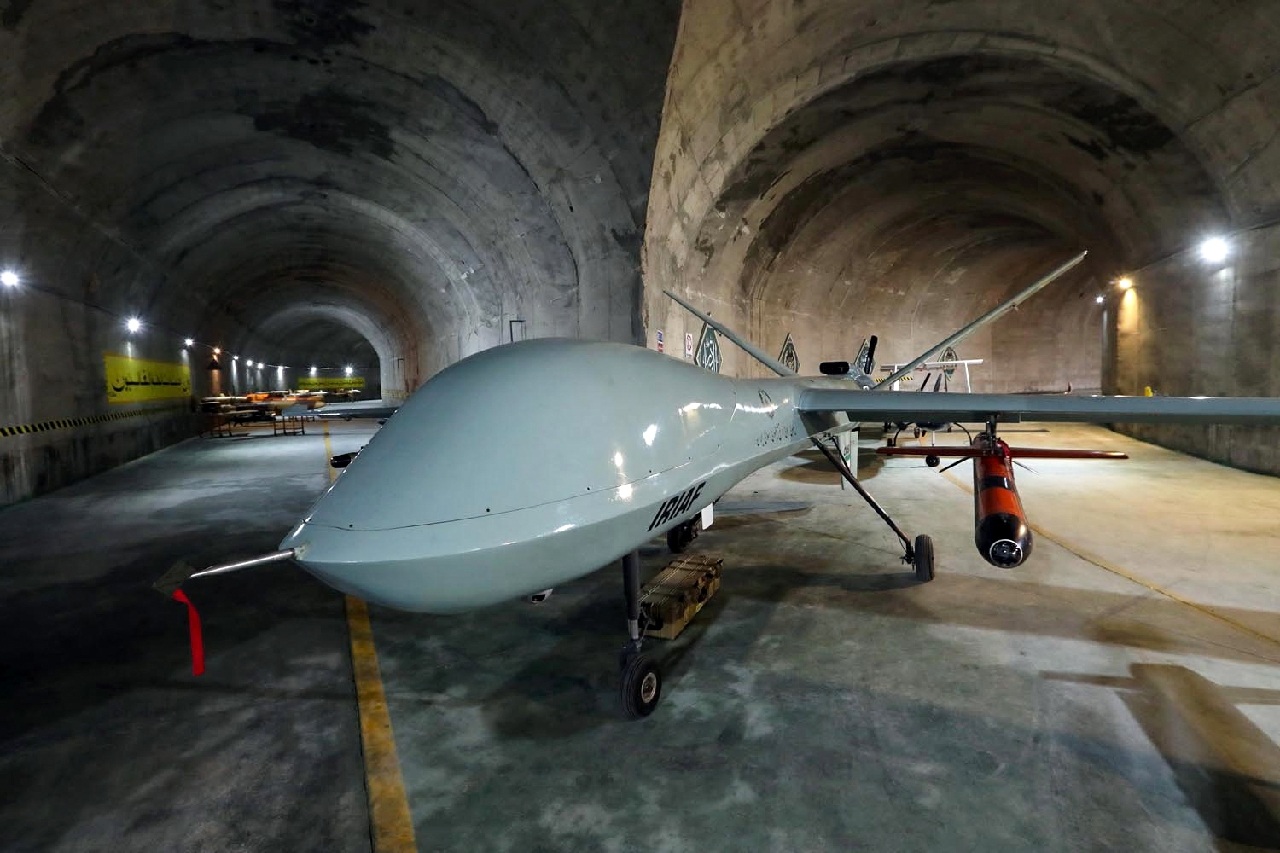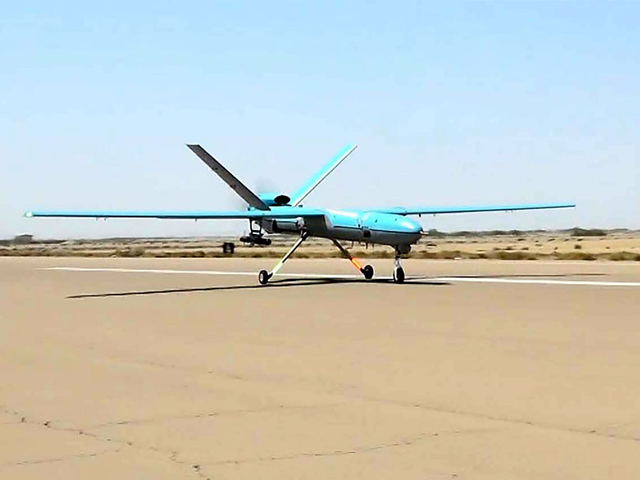The U.S. Treasury Department on Thursday announced sanctions against four Iranian companies and one individual involved in designing, producing, and shipping unmanned aerial vehicles (UAVs) to Russia for use against Ukraine.
Russia ran out of UAVs while attempting to counter Ukraine’s significant early advantage in drone warfare. Ukraine gained its edge by purchasing extremely effective armed drones from Turkey’s Baykar corporation, which was cofounded by the son-in-law of Turkish President Recep Tayyip Erdogan.
Unable to convince Turkey to stop supplying drones to Ukraine, and evidently unable to produce enough drones on its own, Russia turned to Iran for replenishment. Russia took delivery of its first shipment of Iranian UAVs in mid-August, and soon discovered Iran is not quite as good at building drones as Turkey.
The Treasury Department sanctioned not only the Iranian companies that built the drones, but also Tehran-based Safiran Airport Services, the company that ferried the drones from Iran to Russia.
Also designated for sanctions were Paravar Pars Company, a corporation that produces UAVs for the Iranian Islamic Revolutionary Guard Corps (IRGC), using technology reverse-engineered from captured U.S. and Israeli drones; Design and Manufacturing of Aircraft Engines (DAMA), an Iranian firm that manufactures components for militarized UAVs; and Baharestan Kish Company, which provided financial support for the IRGC’s drone manufacturing operations.

Iranian military unmanned aerial vehicles (UAVs or drones) at an underground base in an undisclosed location in Iran. (AFP)
Baharestan Kish’s managing director, Rehmatollah Heidari, was further designated for individual sanctions.
“Russia is making increasingly desperate choices to continue its unprovoked war against Ukraine, particularly in the face of our unprecedented sanctions and export controls,” said Undersecretary of the Treasury for Terrorism and Financial Intelligence Brian E. Nelson.

This file handout picture provided by the Iranian military on May 28, 2022, reportedly shows military unmanned aerial vehicles (UAVs or drones) at an underground base in an undisclosed location in Iran IRANIAN ARMY OFFICE VIA AFP)
“The United States is committed to strictly enforcing our sanctions against both Russia and Iran and holding accountable Iran and those supporting Russia’s war of aggression against Ukraine,” he said.
“We will also not hesitate to target producers and procurers who contribute to Iran and its IRGC’s UAV program, further demonstrating our resolve to continue going after terrorist proxies that destabilize the Middle East,” Nelson added.
The undersecretary advised entities in other countries to “exercise great caution to avoid supporting either the development of Iranian UAVs or their transfer, or sale of any military equipment to Russia for use against Ukraine.”
Secretary of State Antony Blinken said on Thursday that Russia is “suffering from major supply shortages in Ukraine, in part because of sanctions and export controls,” so it is turning to “unreliable countries like Iran for supplies and equipment.”
On Friday, the Treasury Department announced yet another round of sanctions against Iran, this time to punish the Iranian Ministry of Intelligence and Security (MOIS) for orchestrating cyberattacks against dissidents and adversaries of the Iranian regime around the world. The announcement specifically mentioned Iran’s outrageous cyberattack against Albania in July.
“We will not tolerate Iran’s increasingly aggressive cyber activities targeting the United States or our allies and partners,” Undersecretary Nelson said on Friday.

COMMENTS
Please let us know if you're having issues with commenting.